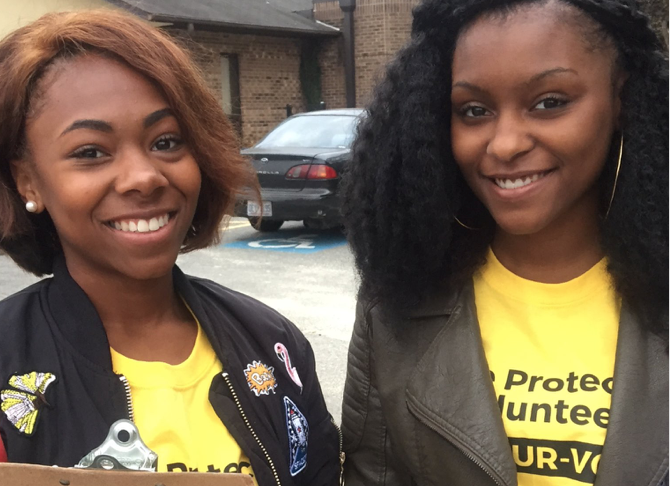
Democracy North Carolina, the state’s leading election watchdog organization, today released a comprehensive review of the 2016 election, providing detailed recommendations for improving voters’ experience at the polls in 2018. The 27-page report is based on first-person accounts gathered during early voting and on Election Day 2016 from voters, on-site poll monitors, and calls to the Election Protection hotline.
While the report acknowledges challenges elections officials successfully overcame in adjusting to continuous changes to voting laws during 2016, it emphasizes that more can be done to avoid problems with malfunctioning equipment, long waits at the polls, and improperly-trained or discourteous poll workers.
Noting that much of the public attention to elections tends to focus on dramatic threats like unproven, widespread voter fraud or hacking by foreign governments, the report findings “demonstrate that much more granular problems disrupt the rights of voters to participate in elections — problems that state and county elections agencies have the power and responsibility to address.”